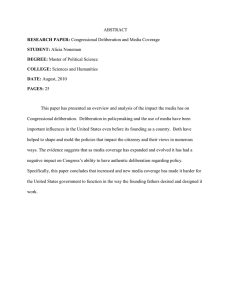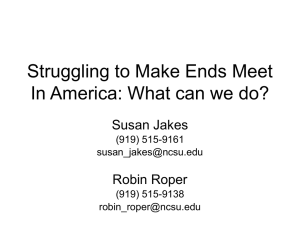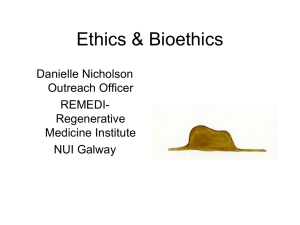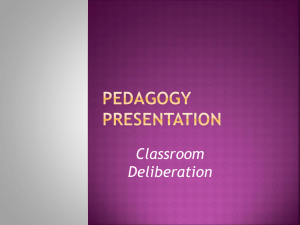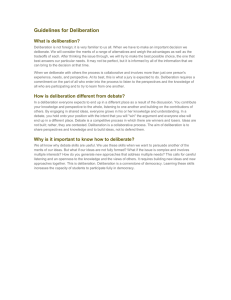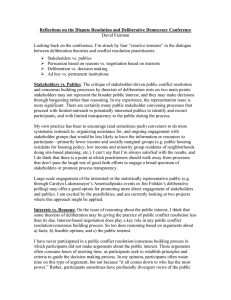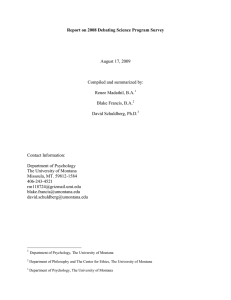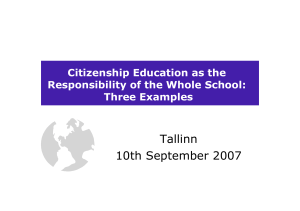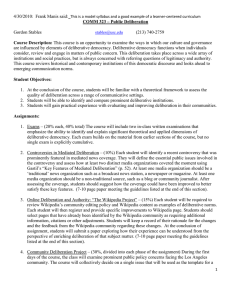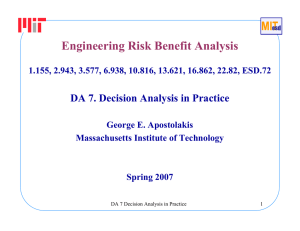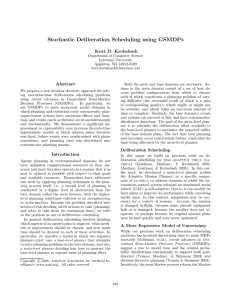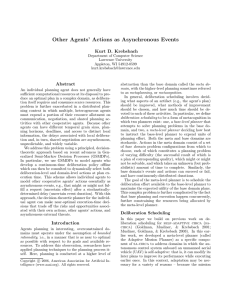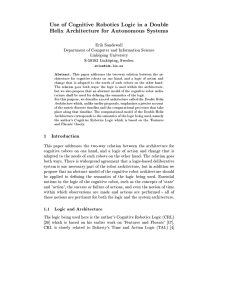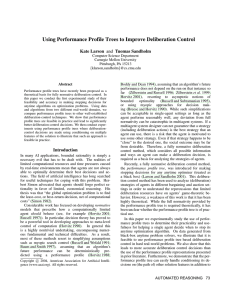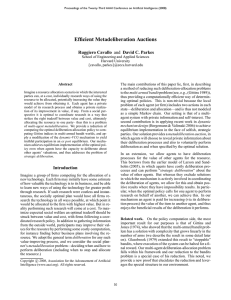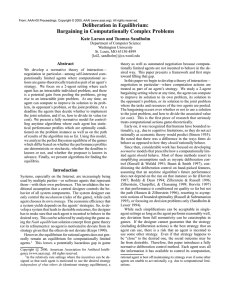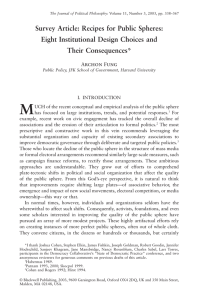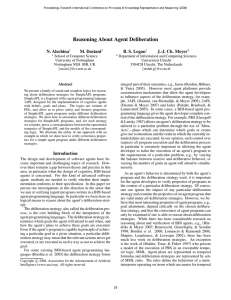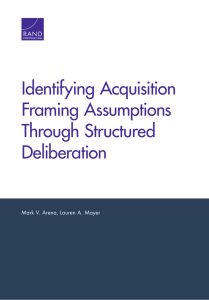N
advertisement
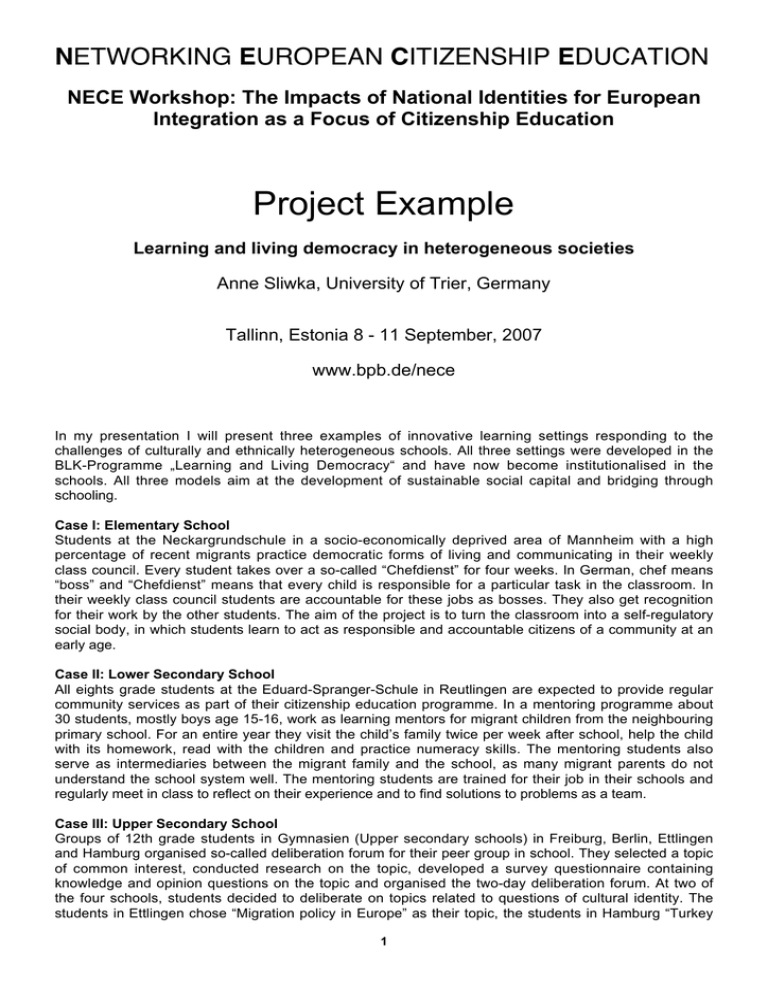
NETWORKING EUROPEAN CITIZENSHIP EDUCATION NECE Workshop: The Impacts of National Identities for European Integration as a Focus of Citizenship Education Project Example Learning and living democracy in heterogeneous societies Anne Sliwka, University of Trier, Germany Tallinn, Estonia 8 - 11 September, 2007 www.bpb.de/nece In my presentation I will present three examples of innovative learning settings responding to the challenges of culturally and ethnically heterogeneous schools. All three settings were developed in the BLK-Programme „Learning and Living Democracy“ and have now become institutionalised in the schools. All three models aim at the development of sustainable social capital and bridging through schooling. Case I: Elementary School Students at the Neckargrundschule in a socio-economically deprived area of Mannheim with a high percentage of recent migrants practice democratic forms of living and communicating in their weekly class council. Every student takes over a so-called “Chefdienst” for four weeks. In German, chef means “boss” and “Chefdienst” means that every child is responsible for a particular task in the classroom. In their weekly class council students are accountable for these jobs as bosses. They also get recognition for their work by the other students. The aim of the project is to turn the classroom into a self-regulatory social body, in which students learn to act as responsible and accountable citizens of a community at an early age. Case II: Lower Secondary School All eights grade students at the Eduard-Spranger-Schule in Reutlingen are expected to provide regular community services as part of their citizenship education programme. In a mentoring programme about 30 students, mostly boys age 15-16, work as learning mentors for migrant children from the neighbouring primary school. For an entire year they visit the child’s family twice per week after school, help the child with its homework, read with the children and practice numeracy skills. The mentoring students also serve as intermediaries between the migrant family and the school, as many migrant parents do not understand the school system well. The mentoring students are trained for their job in their schools and regularly meet in class to reflect on their experience and to find solutions to problems as a team. Case III: Upper Secondary School Groups of 12th grade students in Gymnasien (Upper secondary schools) in Freiburg, Berlin, Ettlingen and Hamburg organised so-called deliberation forum for their peer group in school. They selected a topic of common interest, conducted research on the topic, developed a survey questionnaire containing knowledge and opinion questions on the topic and organised the two-day deliberation forum. At two of the four schools, students decided to deliberate on topics related to questions of cultural identity. The students in Ettlingen chose “Migration policy in Europe” as their topic, the students in Hamburg “Turkey 1 NETWORKING EUROPEAN CITIZENSHIP EDUCATION as an EU member”. On the first day of the forum, the attending students filled in the survey, talked to experts on a panel (facilitated by students from the project group) and then deliberated on the topic in randomly assigned deliberation groups. On the second day, they got a chance to discuss the topic with politicians of the different political parties. After that they again deliberated on the issue in randomly assigned groups. Finally the students filled in the survey questionnaire again, which was coded, so that pre- and post-survey results could be compared. Public deliberation has the potential to enhance public reasoning on political issues, to improve people’s knowledge on complex issues and to empower democratic citizens in decision-making processes. All this could also be shown for the deliberation processes in the schools. 2
